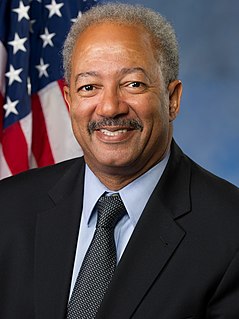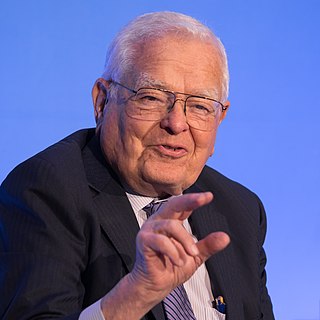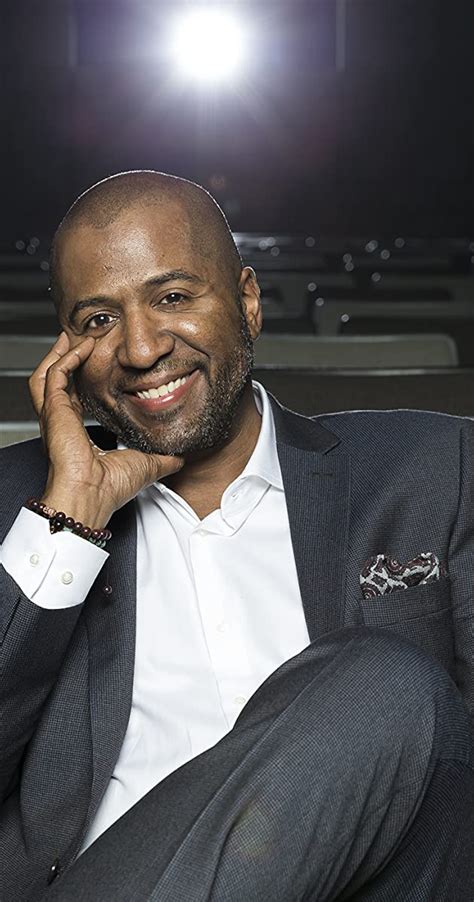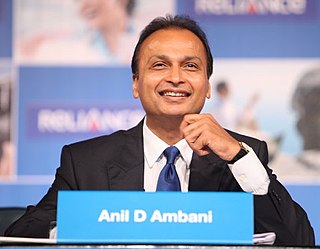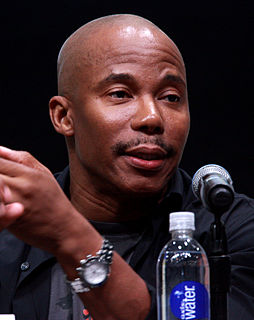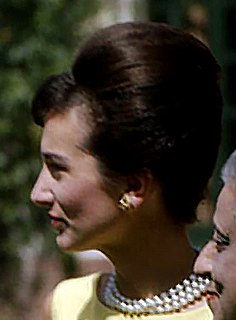A Quote by Chaka Fattah
African American children can't be educationally disadvantaged for 12 years and then experience a miracle cure when it comes time for admission into college.
Related Quotes
African American children are significantly more likely to be obese than are white children. Nearly half of African American children will develop diabetes at some point in their lives. People, that's half of our children. ...We can build our kids the best schools on earth, but if they don't have the basic nutrition they need to concentrate, they're still going to have a challenge learning.
In the United States, the average is two children per family, while in Africa it is five children per family. On the surface, the statistic seems to indicate that Africans are having way too many kids and are taxing the Earth's resources, while American kids are born into families who are able to take care of them. However, the average American child consumes roughly the same resources as fifteen African children. So when an American family says they only have two children, they are actually consuming the resources of an African family of thirty children!
For African American children, in particular, the odds are extremely high that they will have a parent or loved one, a relative, who has either spent time behind bars or who has acquired a criminal record and thus is part of the under-caste - the group of people who can be legally discriminated against for the rest of their lives. For many African American children, their fathers, and increasingly their mothers, are behind bars. It is very difficult for them to visit. Many people are held hundreds or even thousands of miles away from home.
I entered KC College in 1975. When I came here for my interview, for my admission, every person I spoke to spoke to me in Sindhi. Be it Kundanani, Bhambani, Nichani, Kevalramani... and they also thought that Ambani was the same. For a moment, I thought that I got my admission at KC College because I have a 'ni' in my surname.
